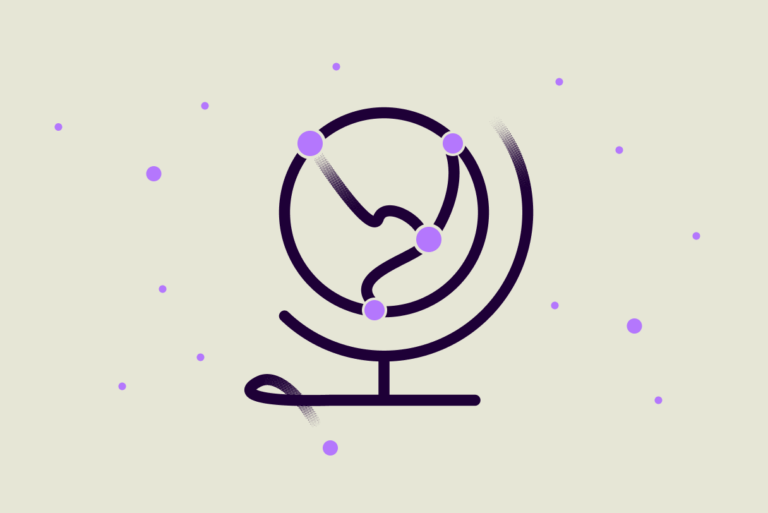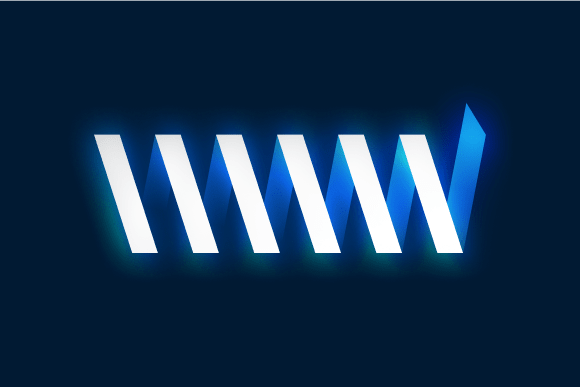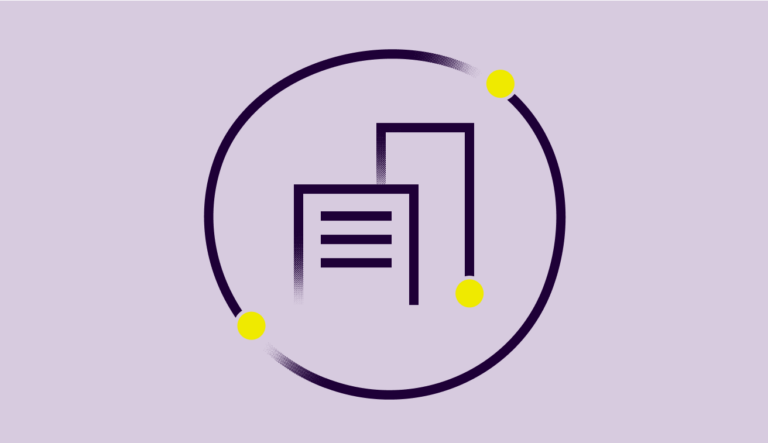Human-centered knowledge retention: Strategies for L&D professionals
As workforces become more mobile, L&D faces a key challenge: retaining critical knowledge when employees leave. Myles Runham, Senior Analyst at Fosway Group, shares strategies to address this.

Knowledge retention should be a human process.
What do you do when colleagues with crucial knowledge and experience leave your business? This is an enduring challenge in all organisations. As demographics change and workforces become more mobile, the problem is intensifying. But, as a busy L&D professional, how can you use the tools you have to hand to help gather vital experience and make it available to your colleagues? This blog highlights our work with our corporate research network and the tools and techniques they have found most effective in responding to the challenge of human-centered knowledge retention.
Focus on the riskiest knowledge gaps
Not all knowledge is equal, and focus is the first step. HR and talent colleagues can highlight the most at risk parts of the organisation. Those with older demographics and closer to retirement, teams where tenure is low or upcoming and recent change and restructuring activity are often important groups. They can also help you focus on the key skills the organisation holds and needs to retain. Line managers (a constant ally in this endeavour) will be able to help match those skills to the teams and employees with the most critical knowledge and at most risk of leaving.
Work as closely as you can with those line managers. They are an influential route to your audience. They can help communicate, make introductions and guide you through local idiosyncrasies in teams.
Handling knowledge management is an ongoing process. As you find the best allies and guides in your work, start to establish regular process check-ins and review points. Sharing with them what you find and asking for inputs is a good way to maintain their support and engagement. Review and analysis of what is gathered, how the process works (or doesn’t yet) and the most useful results is invaluable as you continue to develop your approach.
It’s not just the technical know-how
Technical and operational skills and knowledge are a natural place to start in focusing knowledge retention priorities. This is what most people think of when asked to share what they know about their job. And rightly so. For those who are new to a role it is equally relevant to understand ‘how things work around here’. Informal processes, policies and local preferences are important elements of working well with the skills and knowledge learned. Gathering these less precise perspectives should not be overlooked.
The simplest tools are the best
It is tempting to use the tools you prefer to work with but whichever tools your colleagues are happiest with will be the best for gathering what they know. It is better to spend time after the content is gathered to organise and refine it, than place unnecessary technology barriers in front of the people who hold the knowledge.
Whichever tools are best for your context, and it may be as simple as a completed web form or structured word document, make sure that the process you follow is clear, consistent and answers key questions. ‘What is done?’, ‘How is it done?’, ‘Who is it for?’ and ‘Who else works on this?’ are solid and simple foundations of a good framework.
In many instances the smartphone is often your friend, particularly for deskless workers and those who lack confidence with technology. It is a familiar tool for them, either as users themselves, or as you use to with them to record interviews, calls and voice messages, for example.
Giving people the choice as to how they want to share what they know is a useful principle to follow. A good LMS will support users directly uploading a wide range of files and document types via a PC and mobile. They will also allow users to record videos directly into the system, if that is preferred. For remote workers such as sales executives, this is often a preferred behaviour.
Since COVID-19, video meetings are a familiar, if not always loved, activity. Recordings and transcripts are a helpful knowledge management output. For many people, scheduled time with a clear and structured agenda makes it easier to share what they know and do – it can minimise preparation and allow colleagues to speak naturally and less formally. The transcript also provides valuable metadata as you add to your LMS.
The digital learning ecosystem workbook
You’ll get a list of useful questions and tasks to help you know your learning space better and ways to improve it.
DOWNLOAD WORKBOOK‘Show don’t tell’ is a sound principle
For colleagues who are confident and fluent with technology, screen capture tools, such as Loom and Camtasia, are ideal for capturing technology understanding, process knowledge and many digital skills. ‘Show don’t tell’ is a sound principle for the knowledge capture stage of the process.
In most cases, using the tools we all use in daily work smooths the way for all participants. Make it as easy as possible by using everyday products such as Office, Google and Salesforce rather than cajoling your colleagues to learn unfamiliar interfaces and processes.
Making the most of your learning system
A good LMS supports all of the content formats most people use at work every day. It also supports the best methods for organising what you have gathered.
For any content format, tagging the appropriate keywords and descriptions, creating clear descriptions and ensuring titles are relevant is crucial to making information discoverable through search. Curation is a natural organisation method for knowledge gathered across the business.
Packaging the knowledge you gather into structured experiences will make the most of your efforts, particularly for those who are onboarding in a new role or team and following a structured route. Wrapping knowledge resources into courses and programmes should be considered (where it is closely relevant to objectives), as should skills pathways and learning playlists to offer context, connect to other resources and suggest further learning.
The best LMS solutions support knowledge curation, pathway creation, content tagging and uploads in a full range of media and content formats. They also have intuitive sharing tools so that the knowledge you gather can be spread by your colleagues, either directly or included in the work tools your organisation uses. Your provider can walk you through how to make these features work best in your context.
If it’s not searchable, it’s not there
For L&D professionals, the natural choice of knowledge store is the learning system. There are two important qualifiers to think about first: communicating with your audience about what is in the LMS (it’s not just compliance and course bookings) and making it easy to discover through browsing and search.
Search is the lifeblood of knowledge retrieval. Good metadata is what makes search tools work, so clear titles and descriptions are essential – using the language that searchers use in their everyday work. Mapping to skills frameworks is increasingly important. Tagging with the right skills is likely to support broader learning goals and help your users find this useful information around their skills development goals. Don’t just assume that search is working for you, test it and adjust if needed.
Although adoption is in its early stages in the workplace, Generative AI tools are increasingly capable of summarising text and transcribing video and audio into searchable transcripts and summaries. They can be a boon for organising, tagging and mapping knowledge as it is gathered: mapping to skills, roles, products and processes, identifying key concepts and data and creating organised outputs.
Be careful, though, to use only official and sanctioned tools in your business to avoid the risk of sensitive data leaking into the public domain.
Support a culture of sharing where you can
It is not down to L&D to create a sharing culture; that is the job of the whole organisation. But, making it feel natural by weaving it into the ways we work is a great foundation learning professionals can actively embrace. In many larger organisations a knowledge management team leads this process. Where this is not the case L&D teams can take a leading role as natural custodians of what the organisation knows and needs to know. L&D also know how to work with a broad audience to corral what is most important and to present in a usable and useful way.
About Fosway
Fosway Group is Europe’s #1 HR industry analyst focused on Next Gen HR, talent and learning. Founded in 1996, we are known for our unique European research, our independence, and our integrity. And just like the Roman road we draw our name from, you’ll find that we’re unusually direct. We don’t have a vested interest in your supplier or consulting choices.
So, whether you’re looking for independent research, specific advice or a critical friend to cut through the market hype, we can tell you what you need to know to succeed.
Talk to us today on +44 (0) 207 917 1870 or via info@fosway.com, or visit us at www.fosway.com




